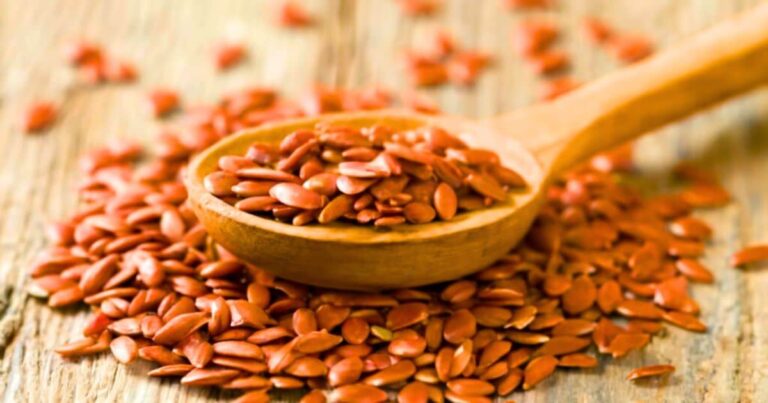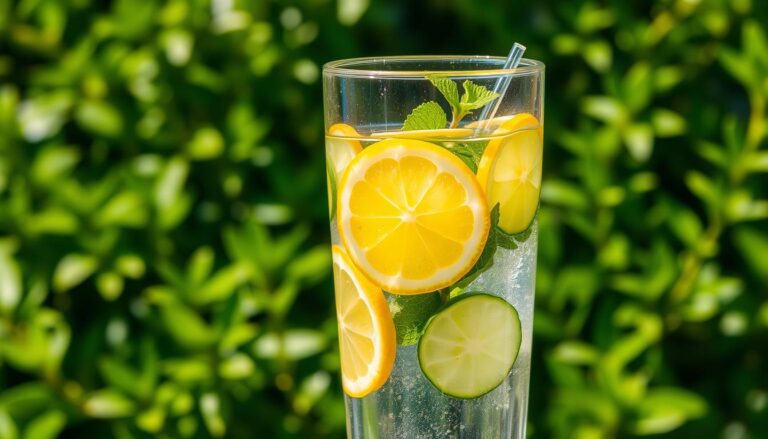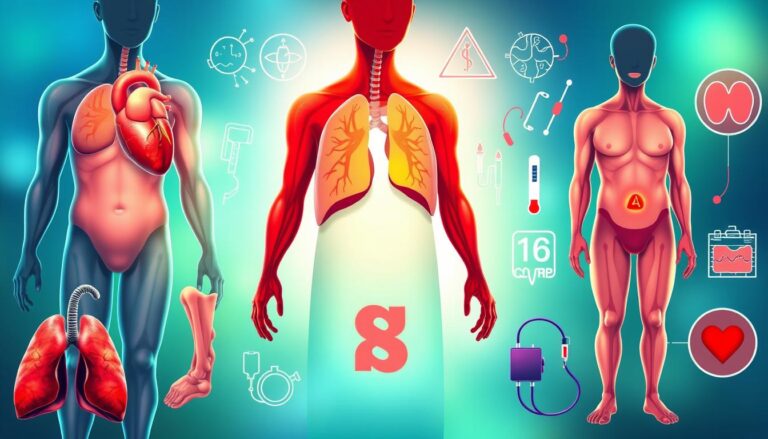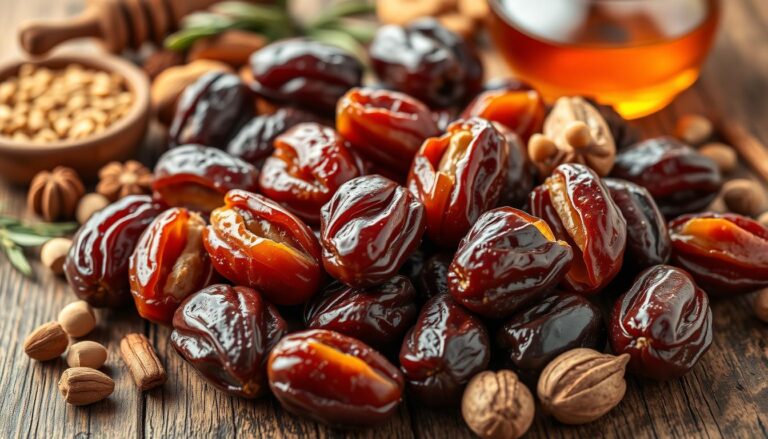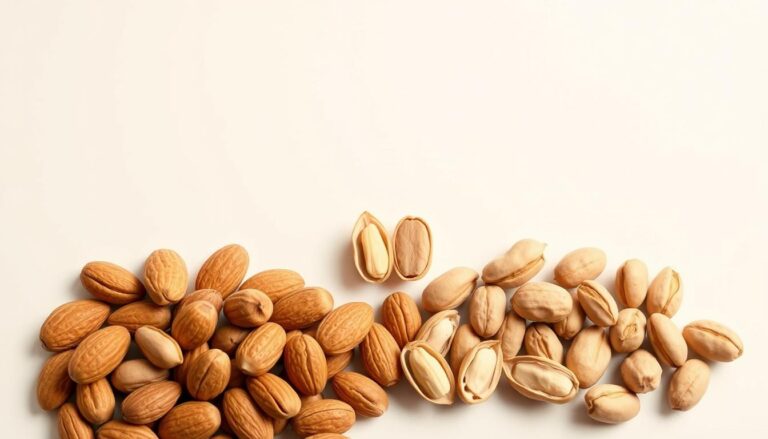As we get older we lose about one percent of our muscle mass every year. What if there was a simple way to fight this loss? Vitamin C could be the answer a key to keeping muscles strong.
Did you know over 50 million people worldwide struggle with losing muscle mass? Also a surprising number nearly 60% of men and 50% of women, don’t get enough vitamin C. Could this lack of vitamin C be linked to muscle loss as we age?
Key Takeaways
- Vitamin C is vital for keeping muscles healthy as we age.
- Many adults lack enough vitamin C, affecting over 50% of people, studies show.
- Eating citrus fruits, berries, and veggies boosts vitamin C levels.
- Vitamin C’s antioxidants protect muscle cells and aid in repair.
- More vitamin C is linked to more muscle mass in older adults.
Introduction The Link Between Vitamin C and Muscle Health
As people get older, they lose muscle mass and strength, a condition called sarcopenia. This loss can lead to frailty, physical disability type 2 diabetes, and a lower quality of life. Vitamin C is key for muscle health and plays a big role in keeping muscles strong and working well.
The Importance of Maintaining Skeletal Muscle Mass
Skeletal muscle helps us move and is key for our metabolic health like how we absorb nutrients and control blood sugar. Keeping muscle mass healthy is key for aging well and staying well.
Vitamin C’s Role in Protecting Muscle Cells
About two-thirds of our vitamin C is in our muscles, helping make carnitine for muscle energy and collagen for muscle structure. Vitamin C also fights off free radicals that can harm muscle cells as we age.
Learning how vitamin C helps muscle health shows us how this nutrient can keep muscles strong and support healthy aging and a better life.

Vitamin C is a crucial nutrient for maintaining skeletal muscle mass and function which is essential for healthy aging and overall well being.
Vitamin C An Essential Antioxidant for Muscle Recovery
Vitamin C is key for muscle health and recovery. It fights oxidative stress and muscle damage from hard workouts. This nutrient acts as an antioxidant protecting muscle cells and helping them heal and grow back.
Combating Oxidative Stress and Muscle Damage
Hard exercise can cause oxidative stress, which harms muscles and slows recovery. Vitamin C fights this stress by neutralizing free radicals. This keeps muscle cells safe and lowers muscle damage risk. It’s vital for athletes and those who train hard.
Enhancing Muscle Repair and Regeneration
Vitamin C also helps make collagen, a protein crucial for fixing and strengthening muscles after exercise or injury. It aids in the body’s repair and growth processes. This means it helps fix damaged muscle tissue and keeps muscles healthy.

Vitamin C’s antioxidant effects and role in collagen production make it crucial for muscle recovery and function. Adding enough vitamin C to your diet or supplements is smart for athletes fitness lovers, and anyone who exercises often.
Vitamin C Can Help Maintain Muscle Mass
Recent studies show a strong link between vitamin C and keeping muscle mass, especially as we age. A key study from the University of East Anglia found that those eating the most vitamin C had more muscle mass. This was compared to those eating less.
Research Findings Higher Vitamin C Intake Linked to Greater Muscle Mass
Over 13,000 middle-aged and older adults were studied. Women eating the most vitamin C had 3% more muscle mass than those eating the least. This was true for both men and women, showing vitamin C’s key role in keeping muscle mass up as we age.
These findings could be important since most people lose muscle mass by 0.5% to 1% each year after 50. Eating enough vitamin C from foods or supplements could help stop this muscle loss known as sarcopenia.

Vitamin C is key for making collagen a vital muscle protein. It also helps fight free radicals during hard exercise, preventing muscle tiredness and damage. Plus, it helps the immune system repair muscles after working out.
Adults should get at least 90 mg of vitamin C daily, men and women alike, to keep muscles healthy. Taking up to 2,000 mg a day is safe but check with a doctor before starting supplements5.
Vitamin C from foods may help public health by reducing muscle loss as we age.
Vitamin C and Exercise Performance
Vitamin C is key for muscle health and can boost athletes’ performance. It fights oxidative stress from exercise reducing muscle damage and aiding recovery. Studies show it can lessen muscle inflammation and soreness after hard workouts. It also supports the immune system helping athletes stay healthy and perform better6.
Potential Benefits for Athletes and Active Individuals
Vitamin C’s antioxidants help with exercise performance. Exercise can cause muscle damage, especially in those new to it. Supplements like vitamin C and E aim to improve endurance and reduce muscle damage.
Research shows these supplements can protect against muscle weakening during exercise. This means vitamin C can aid in muscle recovery and keep athletes performing well.

Vitamin C and E supplementation did not affect the increase in muscle mass or acute change in protein synthesis, but hindered certain strength increases specifically in biceps curl.
But the impact of vitamin C and E on exercise performance is not straightforward. Some studies suggest they can both help and hinder muscle growth and strength. So getting antioxidants from food might be better than relying on supplements for athletes.
| Metric | Vitamin C and E Supplementation | Placebo |
|---|---|---|
| Muscle Mass Increase | No Effect | No Effect |
| Acute Protein Synthesis Change | No Effect | No Effect |
| Strength Increase Biceps Curl | Hindered | Greater |
| Phosphorylation of Hypertrophic Signaling Proteins | Blunted | Higher |
| Ubiquitination Levels After Exercise | Lower | Higher |
Vitamin C might help with exercise performance and recovery, but its effects are complex. It’s important to consider individual needs for the best results.
Vitamin C Deficiency and Muscle Wasting
Getting enough vitamin C is key for keeping muscles healthy and strong. Sadly many people don’t get enough of this important nutriens. Not having enough vitamin C can cause muscles to shrink and make you feel less energetic.
Even a little bit of vitamin C deficiency can hurt muscle health. In one study, mice without enough vitamin C had smaller muscles and thinner muscle fibers. These mice also couldn’t move as well as mice with enough vitamin C.
How vitamin C deficiency causes muscle wasting is complex. But, it seems that not having enough vitamin C can make certain proteins break down muscle fibers. Luckily, this damage can be fixed with vitamin C supplements. After getting enough vitamin C, the mice’s muscles got back to normal.
It’s important to keep vitamin C levels up to protect muscles, especially as we get older. By making sure we have enough vitamin C, we can fight muscle wasting and sarcopenia. Sarcopenia is when we lose muscle mass and strength over time.
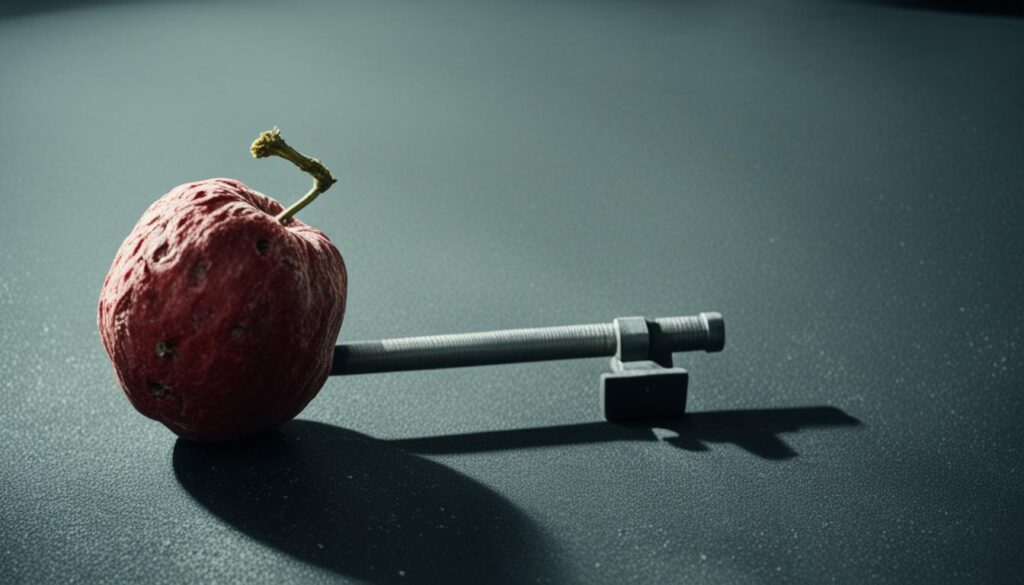
Vitamin C deficiency can lead to weakness, fatigue, and an increased risk of muscle wasting, particularly as we age.
Sources of Vitamin C Fruits Vegetables and Supplements
Getting enough vitamin c intake is key for muscle health, fighting off free radicals, absorbing nutrients, and keeping the immune system strong. Luckily, there are many natural ways to get this important nutrient.
Fresh fruits and veggies are packed with vitamin C. Think citrus fruits, berries, broccoli, and potatoes. Kakadu plum has up to 2,907 mg of vitamin C per 100 g providing 484% of the DV. Acerola cherries offer 825 mg of vitamin C in just 1/2 cup which is 916% of the DV.
Rose hips contain 426 mg of vitamin C per 100 g, accounting for 473% of the DV. Eating foods high in vitamin C is the best way to get what you need.
For those who find it hard to eat enough fruits and veggies, vitamin C supplements are an easy option. Oral doses of 1.25 g/day ascorbic acid produce mean peak plasma vitamin C concentrations of 135 micromol/L.
About 35% of adults take multivitamin supplements which usually have vitamin C and 12% take a separate vitamin C supplement. Supplements can be especially helpful for older people, athletes, or anyone who needs more vitamin C because of stress or illness.
It doesn’t matter where you get your vitamin c intake, making sure you get enough is crucial. Total body content of vitamin C ranges from 300 mg to about 2 g.

Vitamin C is a powerful antioxidant that plays a vital role in supporting muscle function and repair. Ensuring adequate intake whether from food or supplements, is essential for active individuals and those looking to maintain healthy muscle mass.
| Food Source | Vitamin C Content | Percentage of Daily Value DV |
|---|---|---|
| Guavas | 125 mg per fruit | 138% of the DV |
| Sweet Yellow Peppers | 342 mg per large pepper | 380% of the DV |
| Black Currants | 102 mg per 1/2 cup | 113% of the DV |
| Mustard Spinach | 195 mg per 1 cup | 217% of the DV |
| Kale | 93 mg per 100 g | 103% of the DV |
| Kiwis | 56 mg per fruit | 62% of the DV |
| Broccoli | 51 mg per 1/2 cup | 57% of the DV |
| Brussels Sprouts | 49 mg per 1/2 cup | 54% of the DV |
| Lemons | 45 mg per whole fruit | 50% of the DV |
Recommended dietary allowances RDAs for vitamin C range from 40 mg for infants to 90 mg for adults. The recommended intake of vitamin C for smokers is 35 mg/day higher than nonsmokers. Mean intakes of vitamin C are 105.2 mg/day for adult males and 83.6 mg/day for adult females. Mean intakes for children and adolescents age 1–18 years range from 75.6 mg/day to 100 mg/day.
Adding foods high in vitamin C to your diet or taking supplements can help your body get the antioxidant properties and nutrient absorption it needs. This supports muscle health and overall well-being.
Optimal Vitamin C Intake for Muscle Health
Recommended Dietary Allowances and Safe Upper Limits
The recommended daily amount of vitamin C is 75-90 mg for adults. The maximum amount you should take is 2,000 mg. Studies suggest taking 200-500 mg a day can help muscle health especially for older adults or those who exercise a lot. But, taking too much vitamin C can cause stomach problems. So talk to a doctor to find out how much you need and avoid taking too much.
Vitamin C helps with tissue growth and repair. It also helps make collagen, which is important for skin, cartilage, tendons, ligaments, and blood vessels. Eating foods high in vitamin C like oranges, strawberries, bell peppers, and broccoli can protect muscles and support muscle health in everyone.
You can take vitamin C supplements in different forms and amounts, from 25 – 1,000 mg. It’s best to take it 2 – 3 times a day with meals. There are specific vitamin C intake guidelines for kids of different ages.
| Vitamin C Intake Recommendations | Recommended Dietary Allowance mg/day | Upper Limit mg/day |
|---|---|---|
| Adults | 75-90 | 2,000 |
| Children 1-13 years | 15-75 | 400-1,200 |
| Teens 14-18 years | 75-85 | 800-1,800 |
| Infants 0-12 months | 40-50 | 400 |
Optimal nutrition, including sufficient vitamin C intake, may help reduce the decline in muscle mass.
Potential Drawbacks and Considerations
Vitamin C helps with muscle repair and exercise adaptations. But, too much antioxidant supplementation might mess with how our bodies react to exercise. This reaction is important for growth and strength. So, finding the right balance is key.
Research shows vitamin C is safe even in large doses up to 10 grams a day. But, taking more than 2 grams a day can cause stomach issues. People with kidney stones should also be careful with high doses to avoid making stones worse.
Balancing Antioxidant Supplementation and Exercise Adaptations
Studies say antioxidant supplementation affects young and old muscles differently. For young people, it might stop muscle growth from exercise. But for older people it can help improve muscle function.
Talking to a doctor or a sports nutritionist can help figure out the best vitamin C amount for you. This way, you can support your muscles and still get the good effects from exercise.
Conclusion
The research shows how key muscle health, vitamin C intake, antioxidant properties, exercise performance, and immune system support are for keeping muscles strong and working well especially as we get older. Vitamin C’s antioxidant effects, its role in making collagen, and its part in energy use make it vital for muscle health.
Eating foods high in vitamin C or taking supplements can help prevent muscle loss as we age and might boost exercise performance and recovery. Adding vitamin C to a diet and exercise plan can help keep muscles strong and working well as we age.
More studies are needed to fully understand how vitamin C supplements and exercise affect muscle health. But, the current studies show that enough vitamin C is good for muscle health and physical performance. By eating foods like citrus fruits or adding more vitamin C-rich veggies to meals, people can help keep their muscle health strong and improve their exercise performance as they age.
The link between vitamin C, antioxidant properties, and muscle health shows the need for a balanced diet and a full approach to support physical health and well-being. By using the power of vitamin C, people can take charge of their muscle health and live an active, full life.
